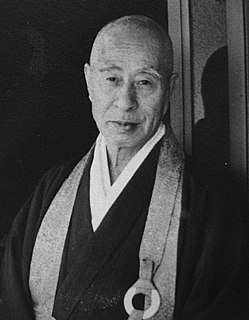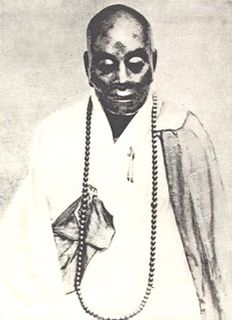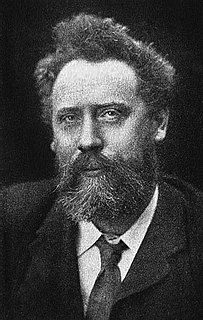A Quote by D.T. Suzuki
Zen in it's essence is the art of seeing into the nature of one's being, and it points the way from bondage to freedom.
Related Quotes
Every one is struggling for freedom-from the atom to the star. The ignorant man is satisfied if he can get freedom within a certain limit-if he can get rid of the bondage of hunger or of being thirsty. But that sage feels that there is a stronger bondage which has to be thrown off. He would not consider the freedom of the Red Indian as freedom at all.
Zen purposes to discipline the mind itself, to make it its own master, through an insight into its proper nature. This getting into the real nature of one's own mind or soul is the fundamental object of Zen Buddhism. Zen, therefore, is more than meditation and Dhyana in its ordinary sense. The discipline of Zen consists in opening the mental eye in order to look into the very reason of existence.
The basic idea of Zen is to come in touch with the inner workings of our being, and to do this in the most direct way possible, without resorting to anything external or superadded. Therefore, anything that has the semblance of an external authority is rejected by Zen. Absolute faith is placed in a man's own inner being. For whatever authority there is in Zen, all comes from within.
























